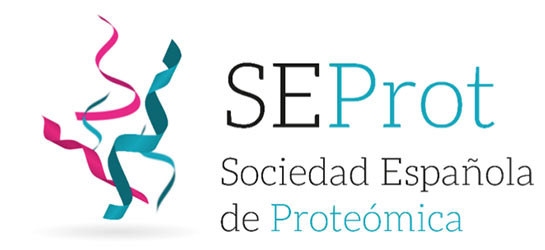CD9 inhibition reveals a functional connection of extracellular vesicle secretion with mitophagy in melanoma cells
Henar Suárez, Zoraida Andreu, Carla Mazzeo, Víctor Toribio, Aldo Emmanuel Pérez-Rivera, Soraya López-Martín, Susana García-Silva, Begoña Hurtado, Esperanza Morato, Laura Peláez, Egoitz Astigarraga Arribas, Tarson Tolentino-Cortez, Gabriel Barreda-Gómez, Ana Isabel Marina, Héctor Peinado, María Yáñez-Mó
Journal of Extracellular Vesicles (2021); DOI: 10.1002/jev2.12082
Abstract:
Tetraspanins are often used as Extracellular Vesicle (EV) detection markers because of their abundance on these secreted vesicles. However, data on their function on EV biogenesis are controversial and compensatory mechanisms often occur upon gene deletion. To overcome this handicap, we have compared the effects of tetraspanin CD9 gene deletion with those elicited by cytopermeable peptides with blocking properties against tetraspanin CD9. Both CD9 peptide or gene deletion reduced the number of early endosomes. CD9 peptide induced an increase in lysosome numbers, while CD9 deletion augmented the number of MVB and EV secretion, probably because of compensatory CD63 expression upregulation. In vivo, CD9 peptide delayed primary tumour cell growth and reduced metastasis size. These effects on cell proliferation were shown to be concomitant with an impairment in mitochondrial quality control. CD9 KO cells were able to compensate the mitochondrial malfunction by increasing total mitochondrial mass reducing mitophagy. Our data thus provide the first evidence for a functional connection of tetraspanin CD9 with mitophagy in melanoma cells.
Enlace: DOI: 10.1002/jev2.12082

